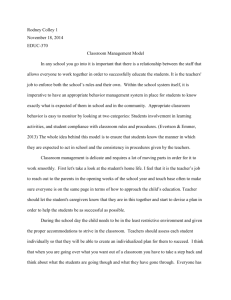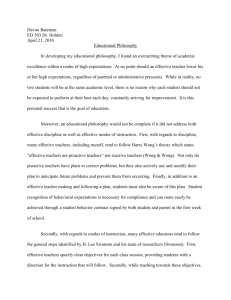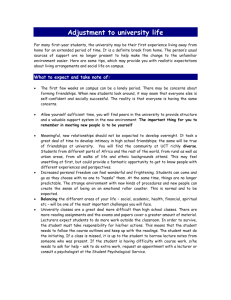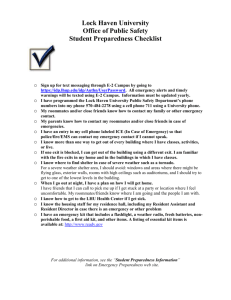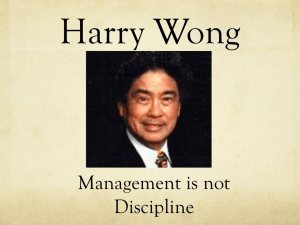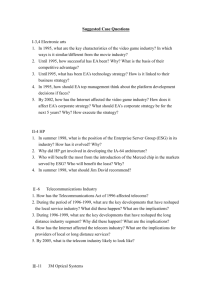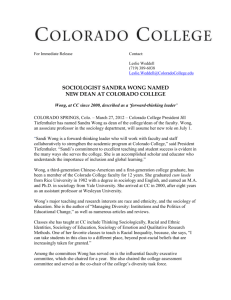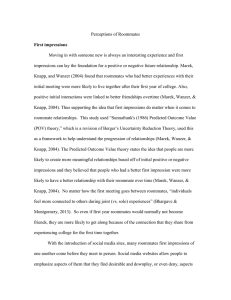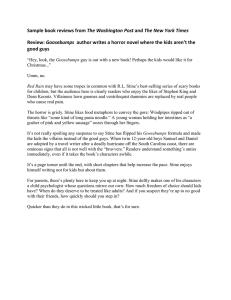Steps in Summarizing Informational Text
advertisement
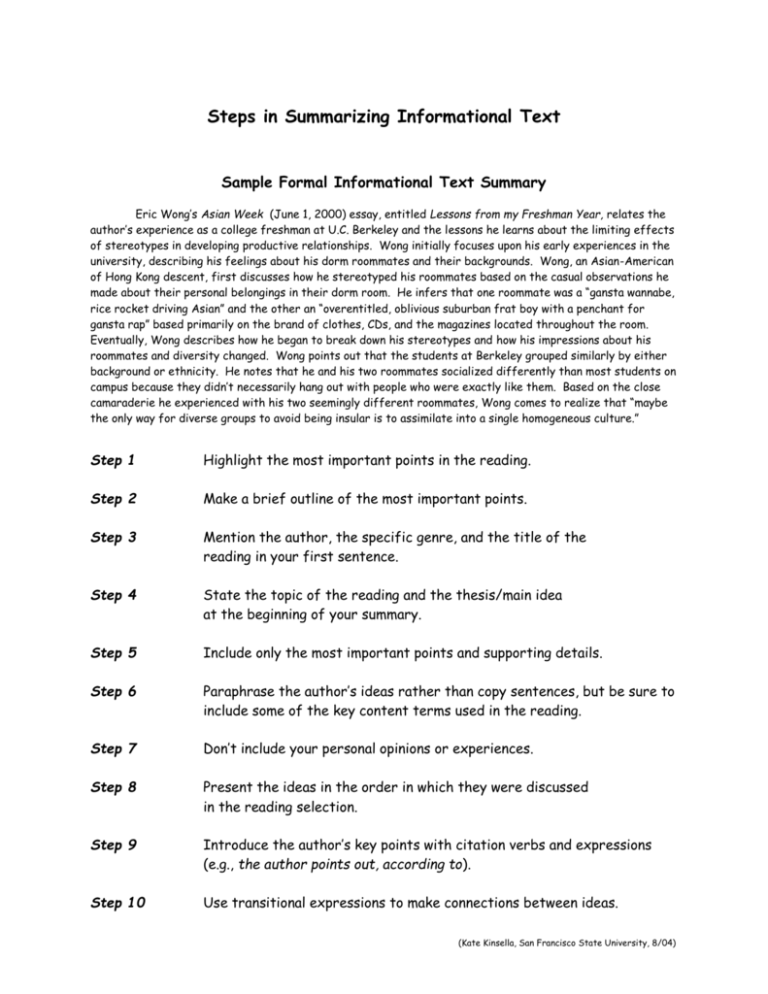
Steps in Summarizing Informational Text Sample Formal Informational Text Summary Eric Wong’s Asian Week (June 1, 2000) essay, entitled Lessons from my Freshman Year, relates the author’s experience as a college freshman at U.C. Berkeley and the lessons he learns about the limiting effects of stereotypes in developing productive relationships. Wong initially focuses upon his early experiences in the university, describing his feelings about his dorm roommates and their backgrounds. Wong, an Asian-American of Hong Kong descent, first discusses how he stereotyped his roommates based on the casual observations he made about their personal belongings in their dorm room. He infers that one roommate was a “gansta wannabe, rice rocket driving Asian” and the other an “overentitled, oblivious suburban frat boy with a penchant for gansta rap” based primarily on the brand of clothes, CDs, and the magazines located throughout the room. Eventually, Wong describes how he began to break down his stereotypes and how his impressions about his roommates and diversity changed. Wong points out that the students at Berkeley grouped similarly by either background or ethnicity. He notes that he and his two roommates socialized differently than most students on campus because they didn’t necessarily hang out with people who were exactly like them. Based on the close camaraderie he experienced with his two seemingly different roommates, Wong comes to realize that “maybe the only way for diverse groups to avoid being insular is to assimilate into a single homogeneous culture.” Step 1 Highlight the most important points in the reading. Step 2 Make a brief outline of the most important points. Step 3 Mention the author, the specific genre, and the title of the reading in your first sentence. Step 4 State the topic of the reading and the thesis/main idea at the beginning of your summary. Step 5 Include only the most important points and supporting details. Step 6 Paraphrase the author’s ideas rather than copy sentences, but be sure to include some of the key content terms used in the reading. Step 7 Don’t include your personal opinions or experiences. Step 8 Present the ideas in the order in which they were discussed in the reading selection. Step 9 Introduce the author’s key points with citation verbs and expressions (e.g., the author points out, according to). Step 10 Use transitional expressions to make connections between ideas. (Kate Kinsella, San Francisco State University, 8/04) (Kate Kinsella, San Francisco State University, 8/04)
